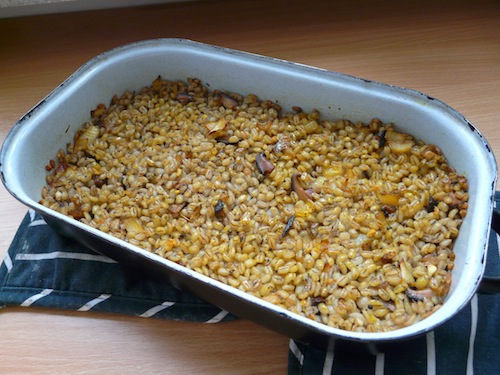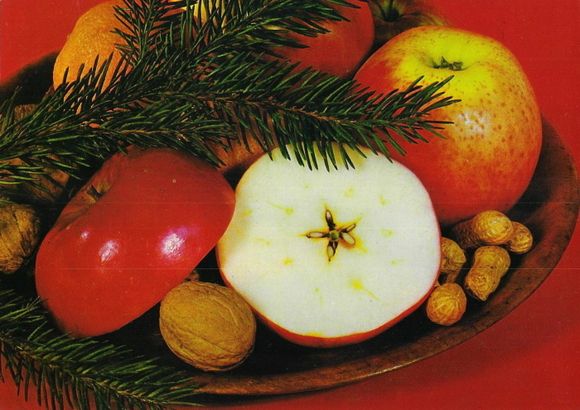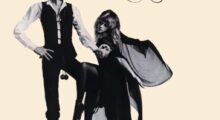Christmastime is a time for families to enjoy each other’s company, usually over meals. For those in the Czech Republic, December 24th is the day for their traditional Christmas dinner. Nowadays, however, many of the customs and superstitions are not practiced as often as they used to be. This is most likely because it would be very challenging to have to follow everything precisely, just to be able to enjoy a dinner together.
To add to the superstition about leaving the dinner table, everyone must depart at the same time due to the superstitious belief that the first person to leave the table will be the first person in the family to die in the following year.
These customs and superstitions revolve a lot around the fear of death for family members. Similar to how many people believe the number 13 is unlucky, the Czechs believe that the table must be set for an even number of guests. If it is not, then bad luck or death is bound to happen. Another one of the Czech superstitions during the Christmas dinner is that the Czechs frown highly upon anyone departing the dinner table before dinner is completed because doing so would also bring bad luck and death to the whole family. To add to the superstition about leaving the dinner table, everyone must depart at the same time due to the superstitious belief that the first person to leave the table will be the first person in the family to die in the following year. An additional superstition that the Czechs believe in is that no one must cross any fields after the dinner. Otherwise, he or she will die within a year.
When it comes to foods served at the dinner table during the Czech Christmas dinner, some specific foods are staples on the dinner table every year. Garlic and honey play crucial roles for Czechs to ensure protection and strength as well as guarding against the evil in life. In both cases, a bowl of garlic and a pot of honey usually rest on the dinner table. A main meal that used to be traditional for Christmas dinner involved mushrooms—givers of health and strength—and called kuba. In addition to dried mushrooms, kuba consisted of barley, garlic, onions and spices. Nowadays, people in the Czech Republic utilize mushrooms in a soup before dinner rather than eating kuba.
Two Czech customs that are based around foretelling the future—particularly focusing on whether death will come sooner rather than later—are known as “the Floating of Walnut Shells” and “the Cutting of the Apple.” For the walnut shell tradition, families make little boats out of walnut shells and place small burning candles into them. The boats then float on bowls of water. If the shell survives the floating, that family member is guaranteed a long and healthy life. If not, bad luck will befall him or her. As for the cutting of the apple, all family members cut an apple in half (from one side to the other and starting with the stem) at the dinner table. Afterwards, the two halves are shown to everyone. The shape displayed on the core determines the outcome for the future of familial bliss. When the core is shaped like a star, everyone will reunite the following year in joy and good health. When it is shaped in a four-pointed cross, however, it means that one of the family members at the table will either become ill or die within the year.
Learn more about different cultures’ perspectives about death and the holidays here.

 Traditional Czech Christmas Dinner Customs and Superstitions Surrounding Death
Traditional Czech Christmas Dinner Customs and Superstitions Surrounding Death





 “Songbird” by Fleetwood Mac
“Songbird” by Fleetwood Mac
 First the Wealth Gap, Now the U.S. Has a Growing Health Gap
First the Wealth Gap, Now the U.S. Has a Growing Health Gap
 How to Comfort A Dying Loved One
How to Comfort A Dying Loved One














